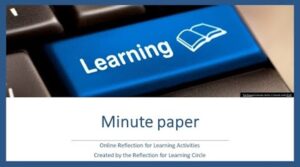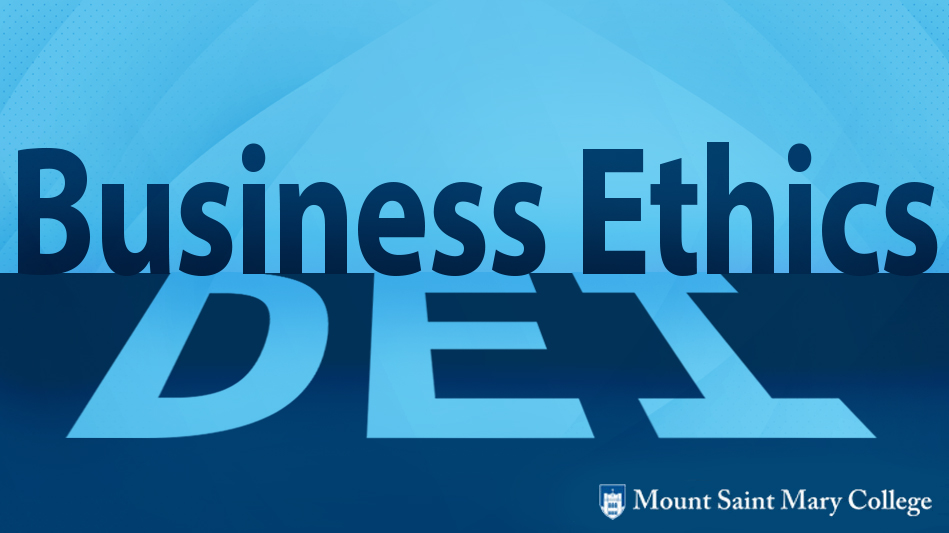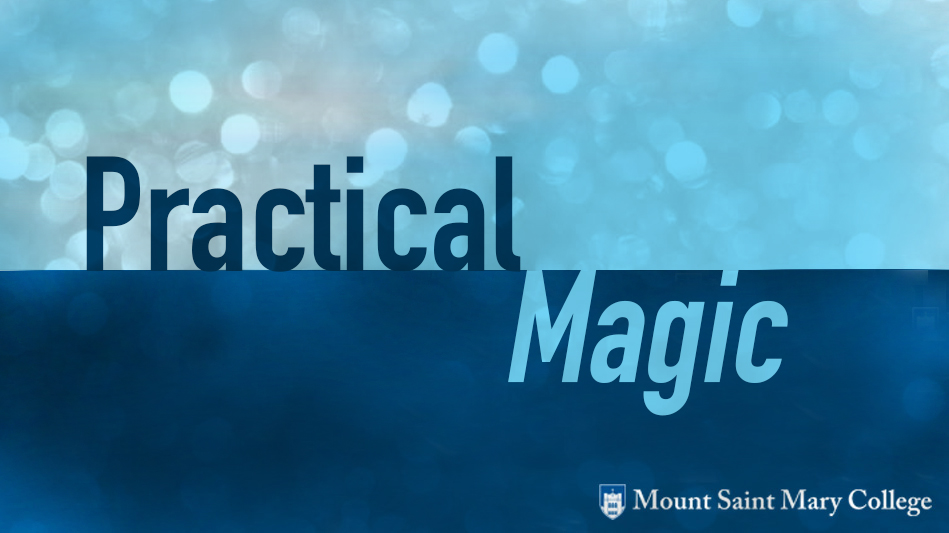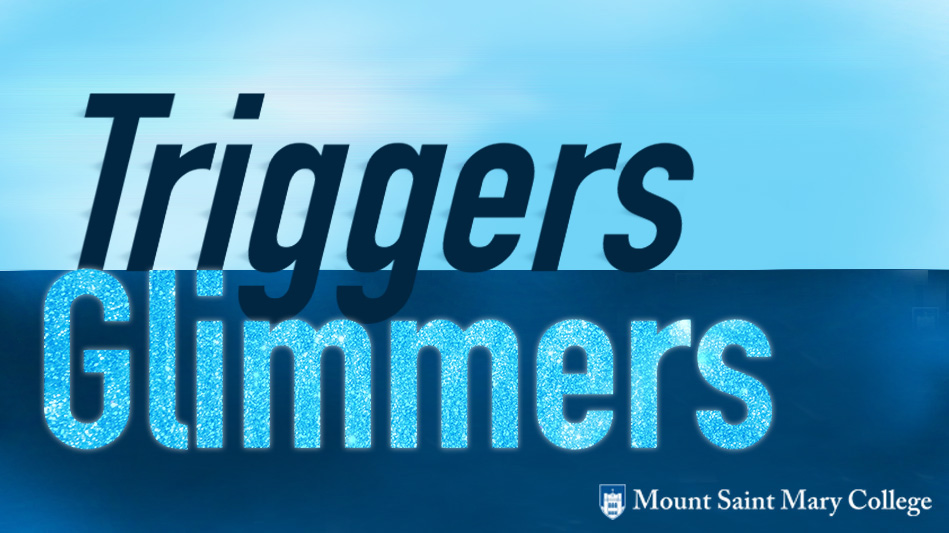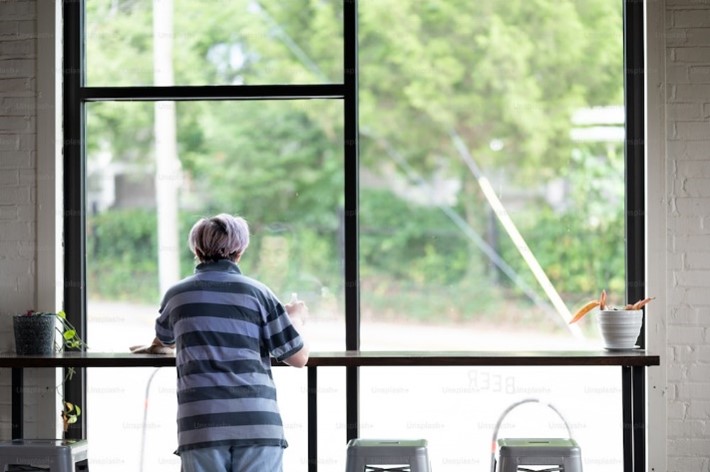by Honorary Associate Professor Marina Harvey, PhD, Macquarie University, Series guest editor
This is the first post in the Reflection for learning develops metacognition series.
The aim of this series is to support educators and learners with their reflective practice as a foundational skill in developing metacognition.
The blogs in the series each focus on a different mode of reflection, with the aim of introducing a spectrum of approaches to reflective practice spanning analytical, personalistic, critical, and creative. Each blog provides the scholarship underpinning the practice and shares a reflective activity to engage readers experientially.

There are many meaningful ways to engage with, and practice, reflection and a focus of this series is engaging the reader in a range of experiential activities.
The authors of this series are members of the Reflection for Learning circle. We have experimented, practiced and researched Reflection for Learning for over ten years in diverse contexts: including most disciplines, at undergraduate and graduate levels, and with students and teachers. Each month we gather and play with a new reflective practice. Those that work we further research, workshop, and practice and now share with you dear reader of the blog. We have found that you need to know your learners and adapt the delivery of the reflective practice to your learners’ needs. The story of our learning circle can be read in our guide (Harvey et al., 2020, pp 8-10).
The question
This post asks: “What is the role of reflection for learning and metacognitive development?”
Reflection and Metacognition
Reflection for learning develops metacognition
Reflective practice is incorporated into university curricula worldwide, and this is because reflective practice supports learning. Three key roles of reflective practice for learning have been identified: academic learning, lifelong learning and skills development (Harvey, et al. 2010).
Academic learning
Reflection can play many roles in supporting academic learning with a key role being praxis, as it enables learners to apply and build connections between theory and practice. Reflective practice can also underpin authentic learning experiences as it enables learners to make connections between their subject or course, their learning activities and their future work. The diverse range of modes of reflective practice and its documentation provide a variety of ways in which learners can document, or evidence, their learning.
Lifelong learning
Last century it was unusual for universities to talk about lifelong learning. In contrast, today graduate capabilities or attributes espoused by universities and higher education institutions make reference to their graduates being lifelong learners (Winchester-Seeto, et al. 2012). Reflective practice can engage learners in transformative, whole person and career development learning, and achieve unintended or spontaneous learning outcomes all aligned with lifelong learning.
Skills development
Communication skills can be developed through reflective writing or journalling and through creative expressions of reflection. Of significance to this blog series, reflection contributes to the higher-order cognitive processes of self-regulation and metacognition (Harvey, Coulson & McMaugh, 2016). Reflection plays a pivotal role in the process of self-regulation (Lyons & Zelazo, 2011). The relationship between reflection and metacognition is synergistic, reciprocal and complementary (Harvey, Coulson & McMaugh, 2016). The development of metacognition is supported by reflective practice by “making formerly unconscious, intangible, or reflexive processes or events explicit” (Desautel, 2009, p. 2001).
What does this look like in practice?
Having students engage in scaffolded reflective practices can support their metacognitive development. Educators can practice reflection to enhance their teaching and career development. There are multiple practices to choose from in our practice guide.
The “Minute paper” is a cognitive based practice closely aligned with metacognitive development. This quick reflective activity asks students two questions:
- What was the most significant (useful, meaningful, surprising, etc) thing you learned during this session?
- What question(s) remain in your mind at the end of this session?
These questions prompt students to actively monitor their cognitive processes, identifying what they know and what they don’t know. Details and a template for this practice can be found on pp. 40-42 of our guide and the video demonstrating the practice is on Youtube.
How can I learn more?
For more information, and to discover other practices please see our reflection for learning scholarly practice guide.
The online Reflection for Learning video series provides further demonstration of text- and cognitive based practices:
References
Desautel, D. (2009). Becoming a thinking thinker: Metacognition, self-reflection, and classroom practice. Teachers College Record, 111(8), 1997-2020.
Harvey, M., Coulson, D., & McMaugh, A. (2016). Towards a theory of the ecology of reflection: reflective practice for experiential learning in higher education. Journal of University Teaching and Learning Practice, 13(2). http://ro.uow.edu.au/jutlp/vol13/iss2/2
Harvey, M; Coulson, D; Mackaway, T., & Winchester-Seeto, T. (2010). Aligning reflection in the cooperative education curriculum. Australia Pacific Journal of Co-operative education, 11 (3), 137-1 https://www.ijwil.org/files/APJCE_11_3_137_152.pdf
Lyons, K.E., & Zelazo, P.D. (2011). Monitoring, metacognition, and executive function: Elucidating the role of self-reflection in the development of self-regulation. In J. B. Benson (Ed.), Advances in Child Development and Behavior (pp. 379-412). JAI, Volume 40. https://doi.org/10.1016/B978-0-12-386491-8.00010-4.
Winchester-Seeto, T., Bosanquet, A., & Rowe, A. (2012). Smoke and mirrors: graduate attributes and the implications for student engagement in higher education. In I. Solomonides., A, Reid, & P. Petocz (Eds.), Engaging with learning in higher education (pp. 413-438). Oxfordshire: Libri
